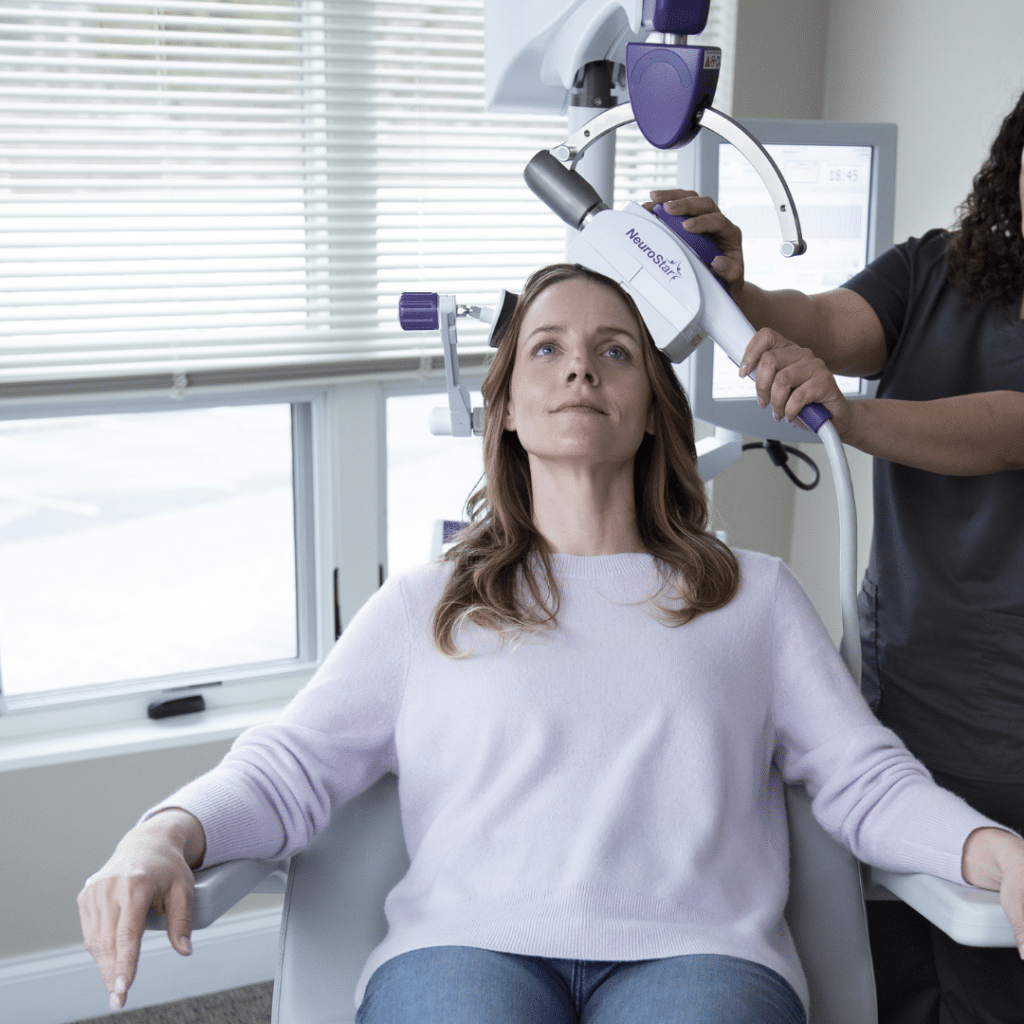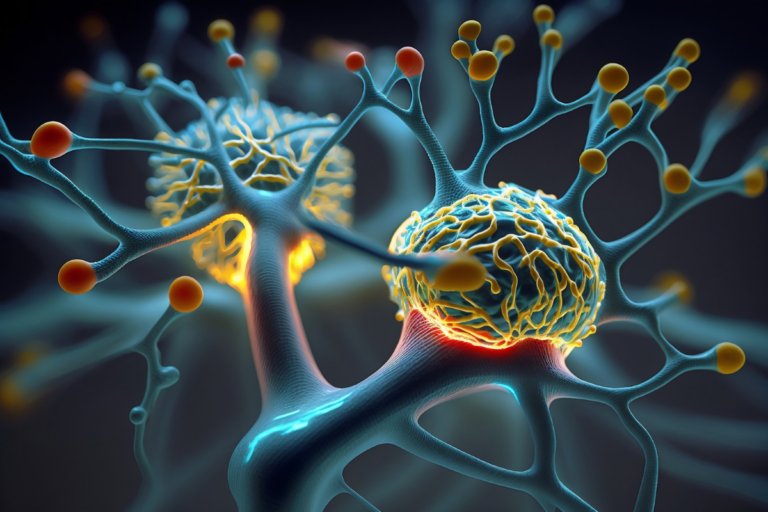
Depression is a heavy burden that millions carry daily, impacting their ability to live life fully. In the United States alone, an estimated 21 million adults have experienced at least one major depressive episode, representing 8.3% of the adult population. Of these, approximately 14.5 million adults faced significant disruption in their ability to function due to depression, accounting for 5.7% of all U.S. adults.
Traditional treatments for depression like medication and talk therapy work for many people, but not everyone finds relief. But what happens when those treatments just don’t cut it? That’s where Transcranial Magnetic Stimulation (TMS) therapy steps in, offering hope where other methods may have fallen short. TMS therapy is gaining attention as a powerful alternative for treatment-resistant depression, and for good reason. It’s non-invasive, has minimal side effects, and has been proven effective, especially for individuals who haven’t responded to other treatments.

What is TMS Therapy?
Transcranial Magnetic Stimulation (TMS) is a non-invasive procedure that uses magnetic fields to stimulate nerve cells in the brain. Specifically, TMS targets the prefrontal cortex, the part of the brain that’s closely tied to mood regulation and is usually found to be under-active in people with depression. By stimulating this area, TMS helps to “reset” brain activity, potentially alleviating symptoms of depression that have been resistant to other treatments.
What is Treatment-Resistant Depression?

Treatment-resistant depression occurs when depression doesn’t improve after trying at least two different antidepressant treatments. For those living with treatment-resistant depression, the persistent symptoms can be overwhelming, often leading to feelings of hopelessness and despair. While traditional antidepressants and talk therapy work for many, they sometimes fall short of providing the relief that those with treatment-resistant depression so desperately need.
Why TMS is Effective for Treatment-Resistant Depression
Direct Targeting of Brain Activity
One of the most compelling reasons TMS therapy is effective for treatment-resistant depression is its ability to directly target the brain’s mood-regulating areas. Unlike medications that affect the entire brain and body, TMS focuses specifically on the prefrontal cortex, which is often implicated in depression. The idea is to “wake up” or stimulate these underactive neurons, helping to improve mood and reduce symptoms of depression.
Minimal Side Effects
Patients with treatment-resistant depression are often sensitive to medications, particularly because they’ve likely tried multiple drugs without success. The side effects of these medications—such as weight gain, fatigue, and sexual dysfunction—can be debilitating. TMS therapy, by contrast, has minimal side effects. The most common is mild scalp discomfort during treatment, with some patients also reporting slight headaches. However, serious side effects are rare, making TMS an appealing option for those who’ve struggled with medication side effects in the past.
Proven Effectiveness for Treatment-Resistant Depression
Research has shown that TMS therapy can be particularly effective for those with treatment-resistant depression. Studies indicate that about 58%-83% of patients who do not respond to antidepressants can experience significant improvement with TMS. Even more encouraging, around one-third of these patients achieve complete remission of their depression symptoms. These results offer hope for those who have otherwise been unable to find relief.
Long-Term Benefits
Another advantage of TMS therapy is the potential for long-term relief. While many patients experience improvement during the course of treatment, the benefits of TMS can extend well beyond the initial treatment period. Some patients report continued relief from depression symptoms for months, and maintenance sessions are available for those who need ongoing support.

Final Thoughts
TMS therapy can offer hope to those who feel like depression has become an insurmountable obstacle. TMS offers a non-invasive, low-risk, and highly effective option for those who haven’t found relief through other means. If you or someone you love is battling depression and nothing seems to work, it might be time to consider TMS therapy. If you’re feeling stuck—like you’ve tried everything and nothing has worked—TMS might be the key to unlocking a better, more fulfilling life. It’s not just about treating symptoms; it’s about helping your brain function the way it’s supposed to, giving you a real chance at recovery. Reach out to our team to see if TMS is the right choice for you.
Responsibly edited by AI
Other Blog Posts in
Animo Sano Psychiatry is open for patients in North Carolina, Georgia and Tennessee. If you’d like to schedule an appointment, please contact us.
Get Access to Behavioral Health Care
Let’s take your first step towards. Press the button to get started. We’ll be back to you as soon as possible.ecovery, together.





